There is no end to the amount of work and cost involved. These categories are generalized, but really the most important to consider and remember.
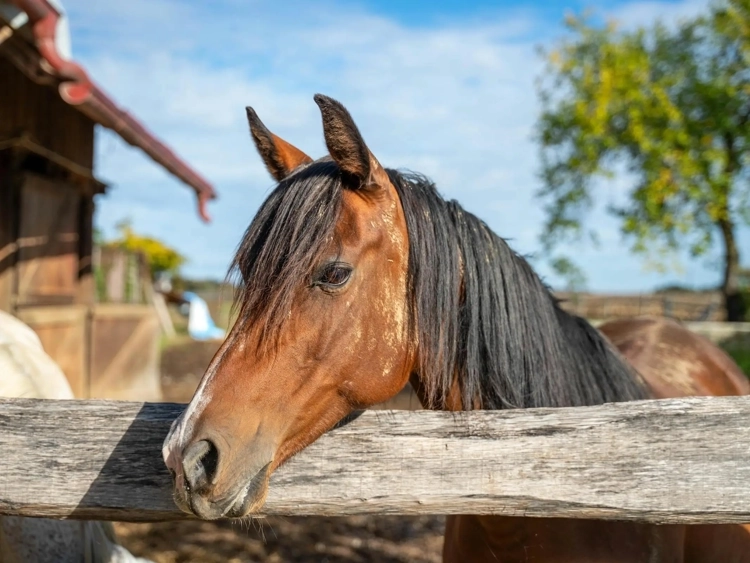
Lodging
Horses are creatures of habit and heard. Due to this they need to feel safe, keep company and have routine. An ideal home is one that has lots of outside space, an inside shelter for eating, sleeping and protection, plus a regular feeding schedule. Selecting lodging can be a difficult task, but one well worth extra research if you can’t keep them at home.
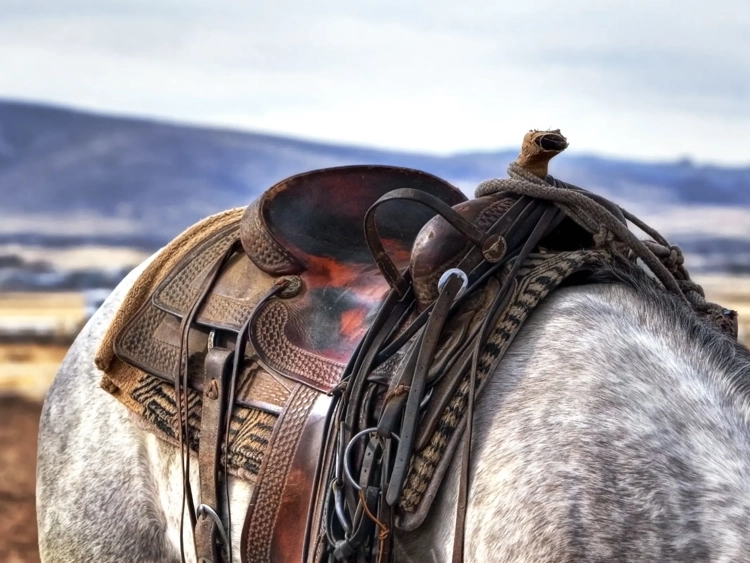
Equipment
Although it may seem like a secondary condition, it is impossible to manage a horse without equipment. Things like halters, helmets and hoof picks cannot be overlooked. Keep a list of important essentials to be sure you’ve got everything. Finding good deals and learning to care for your equipment will help you get your moneys worth.
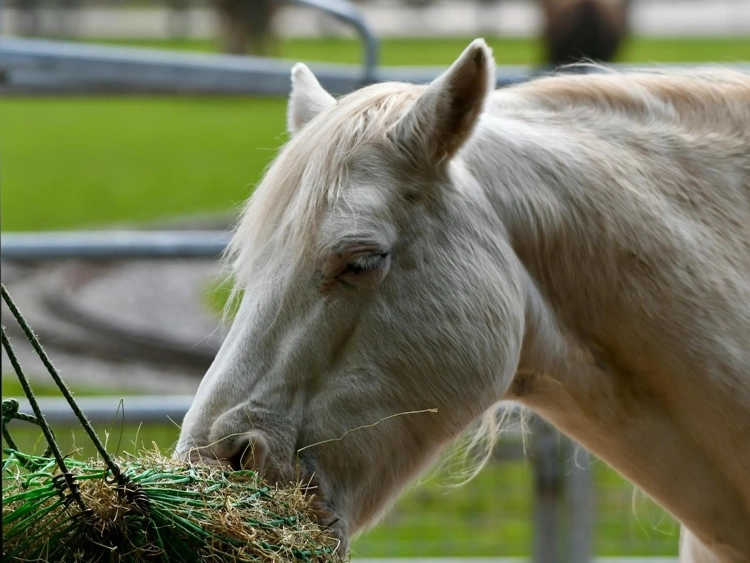
Feeding
A nutritionally balanced diet and regular feeding times are essential building blocks for a healthy animal. Feeding as organic, sustainable and GM-free as possible is the best for your horse. Ideally with the ability to graze through the day. Feed is expensive, but your horse is priceless and filling them with good fuel will keep everyone happier.
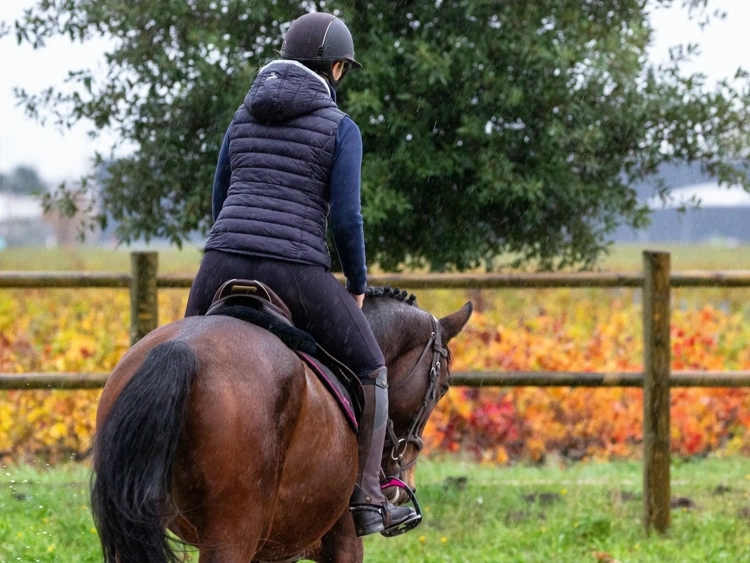
Riding
While some take on companion animals, the main purpose of getting a horse is generally for riding. Taking lessons and learning techniques in your chosen discipline will make riding more enjoyable for you. Group lessons can also be a good way so socialize. Most boarding stables offer lessons and training of some sort for their boarders.
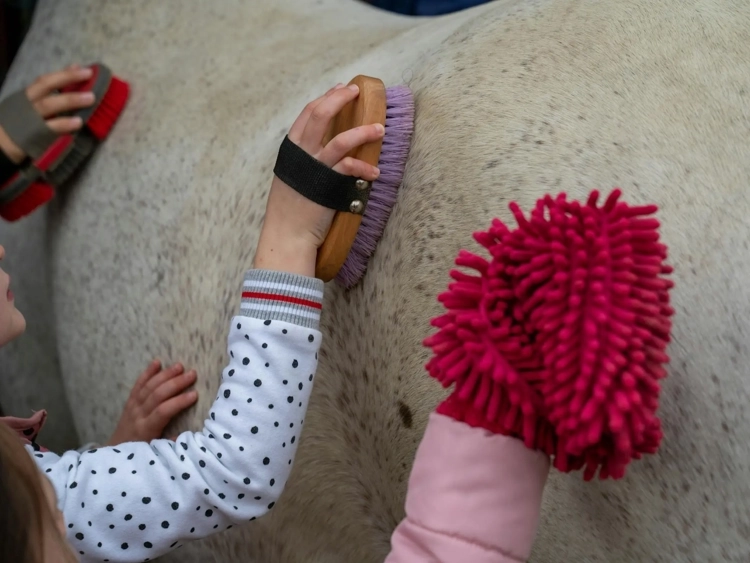
Grooming
An often overlooked but an incredibly important part of horse care. Especially when it comes to hooves. This doesn’t require elaborate bathing routines. A quick curry, brush and hoof cleaning is sufficient for a healthy animal. This is also a chance to spend quality time with your animal, horses bond by grooming each other in the wild.
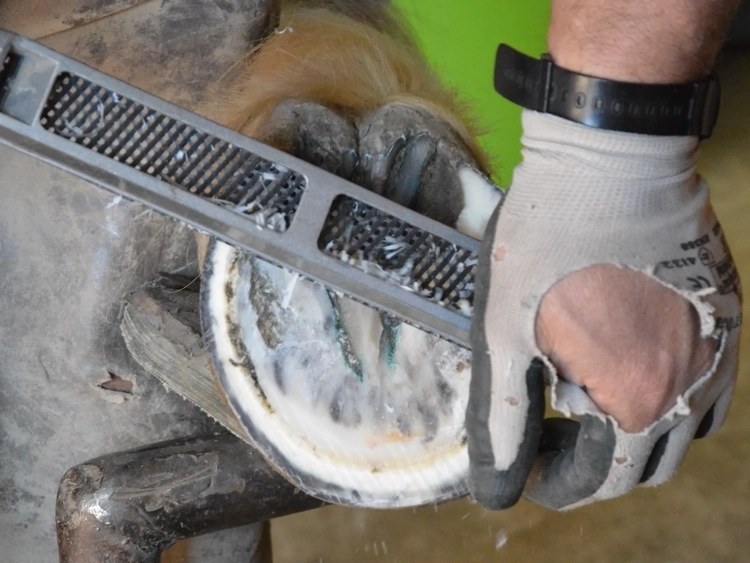
Foot Care
Horses stand on their feet 90% of the time, they need to be well-balanced, well-trimmed and well-shod. Beyond basic daily cleaning, your horse needs to be seen by a farrier every 6-8 weeks – shoes or not. Healthy feet mean fewer injuries and sound legs. Finding a good farrier is difficult, but there are good prospects out there. Use referrals to help you look.
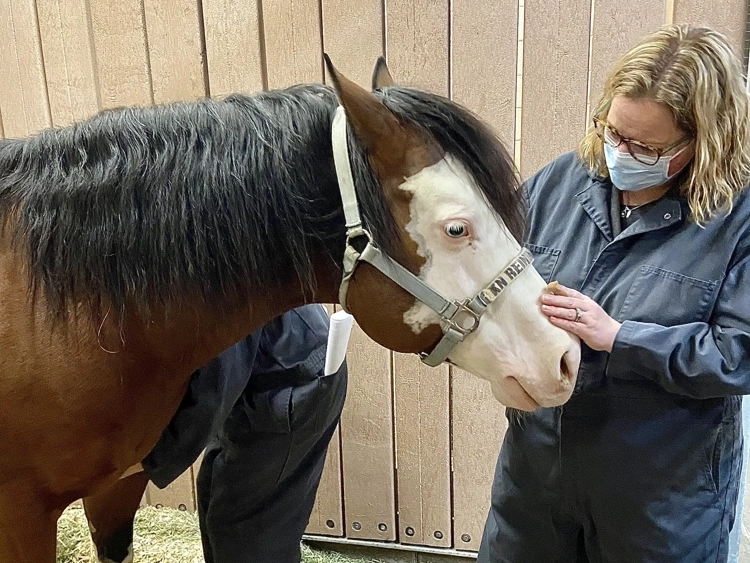
Vet Care
It is vital that you keep a vet on hand for routine preventative care as well as for emergencies and lameness. By domesticating horses, we’ve changed their lifestyle. Proper vet care helps to keep your animal as healthy and sound as they should be. Stick with one if possible, the more familiar a doctor is with your horse the better they can help them.